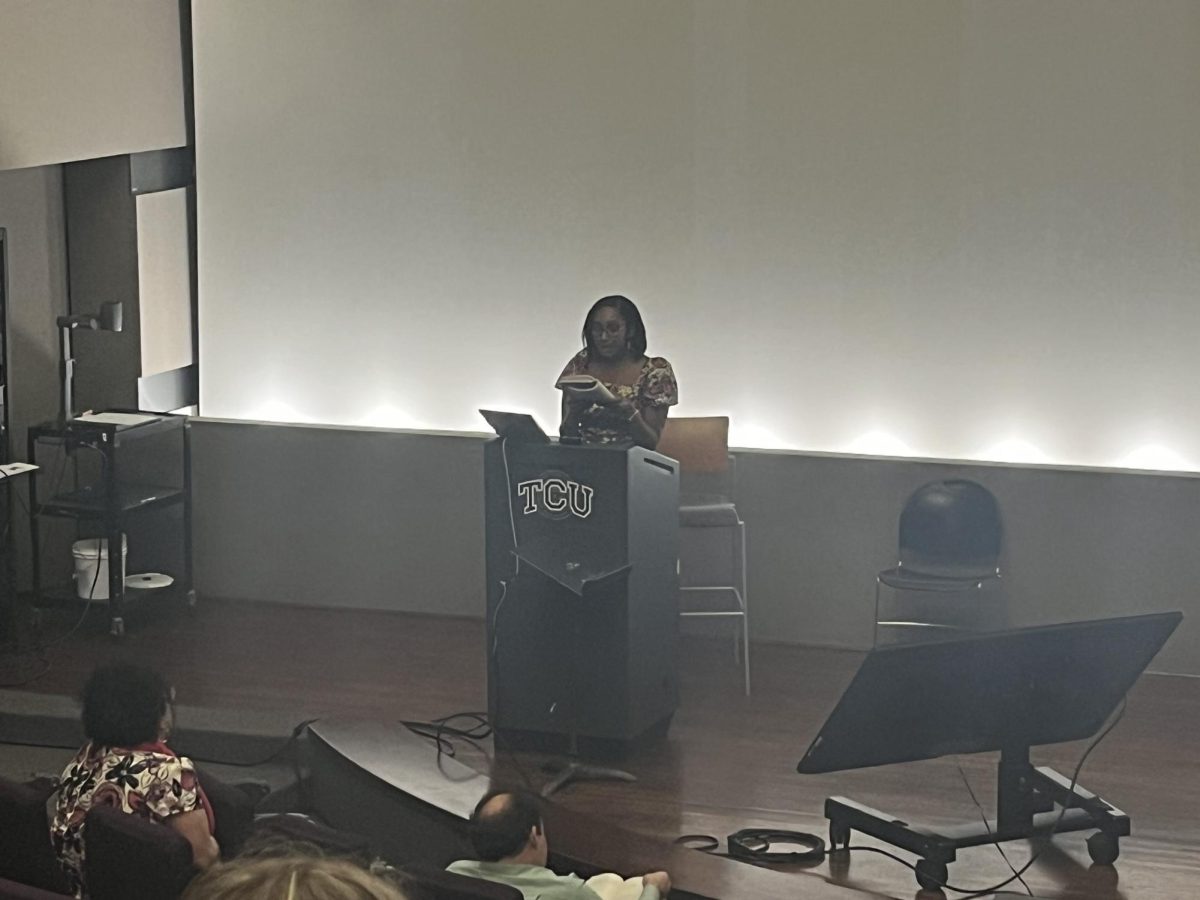The theory of intelligent design, currently being debated as an alternative to evolution, does not have a place in the science classroom, TCU professors say.An 80-year-old case, known as the Scopes Monkey Trial, was the first public debate about how to teach the origin of life on Earth, but the verdict of the trial did not end the discussion.
This past September, the age-old debate had a resurgence in the courts after a Pennsylvania school district constructed a policy that would require administrators to read a four-paragraph statement referring to evolution as a theory and introducing intelligent design as an alternative.
“The (Scopes) trial lasted just a week, but the questions it raised are as divisive now as they were back then,” according to www.NPR.com.
The general response among today’s science community is that intelligent design does not have a place in the science classroom, said John Horner, a professor of biology.
“Although I think it might be appropriate to teach about intelligent design in a religion or perhaps philosophy course, it really has no place in the science curriculum,” Horner said. “Science is based on observation and hypothesis testing; intelligent design is, for all practical purposes, based on faith.”
Science is an endeavor to find natural explanations for the world, and intelligent design is based in a supernatural explanation, said John Breyer, a professor of geology.
“As soon as you appeal to non-natural explanations, you place yourself outside of science,” Breyer said.
The problem exists in the definition of a scientific idea, said Doug Ingram, a professor of astronomy.
Science can be proven wrong; it is falsifiable, Ingram said.
Therefore, Ingram said, intelligent design cannot be treated as science because the idea of a supreme being cannot be disproved.
“If it can’t be disproved, it’s not science,” Ingram said.
Ingram said intelligent design may fit in a cultural studies class, but does not have a place in the science classroom.
“You don’t put religious beliefs up to scientific scrutiny,” Ingram said.
Religion is not supposed to be subjected to the scientific process, he said.
It is an insult to religion to put faith to a test, Ingram said.
Intelligent design and evolution are not mutually exclusive and does not permit one from being religious, Ingram said.
“TCU is based on the idea of combining faith and reason,” Ingram said.
People often label scientists as atheists, but evolution does not exclude a creator, Ingram said.
While there is no conflict in being religious and believing in evolution, creationism and evolution are exclusionary, Breyer said.
Breyer said some things in nature seem improvised.
The design argument has basis in the ignorance of humans, Breyer said.
“Here is something we can’t explain, so God must have done it,” Breyer said. “Then, when an explanation is found, God disappears.”
Horner raised the concern that in accepting intelligent design, further scientific study is not encouraged.
“By its very nature, (intelligent design) stifles discovery,” Horner said.
Once scientists accept intelligent design out of belief that the complexity of the world’s beginnings could be explained in no other way but a miracle, they quit searching for explanations, Horner said.
“Evolution by natural selection is one of the most powerful theories ever developed, and it is the unifying theory of the biological world,” Horner said.
“It allows us to make sense of an otherwise overwhelming amount of information, and helps us to understand many things, from the relationships among organisms to how to predict outbreaks of disease, fight antibiotic resistance, treat AIDS and fight cancer.




